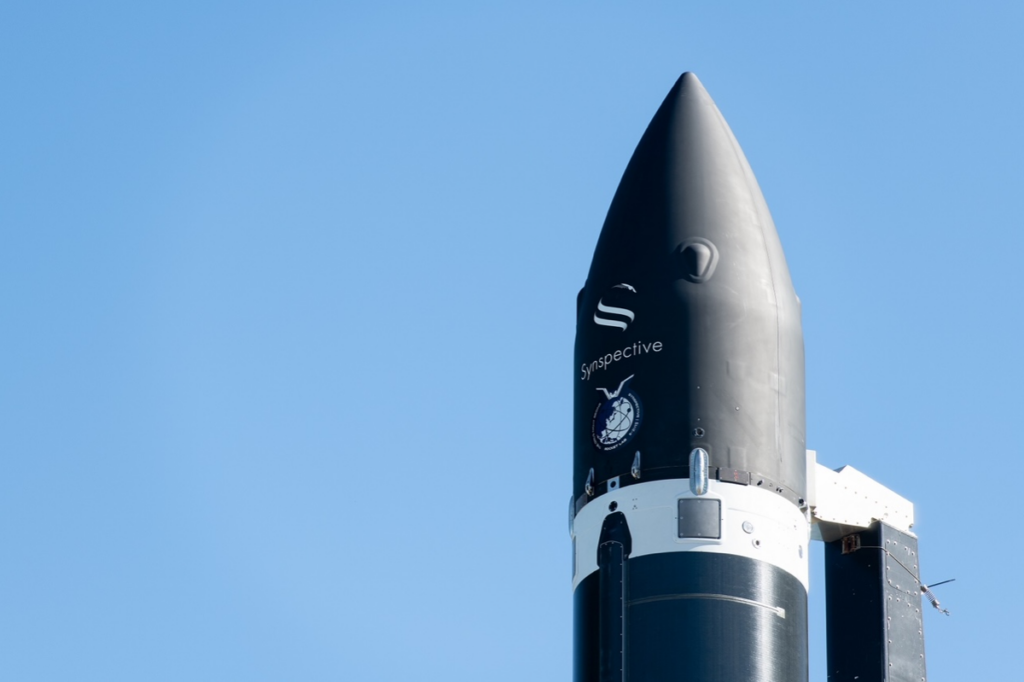Rocket Lab set a new record for the fastest launch speed by completing two Electron flights in 24 hours
The company also stated that this is the first time a launch operator has completed a task from both hemispheres in that amount of time.
The company Rocket Lab was started in New Zealand and has launch pads there as well as at the Mid-Atlantic Regional Spaceport in Virginia. The company says that being able to launch from pads in both the US and New Zealand gives it a competitive edge.
When the Virginia pad opened in 2022, Rocket Lab CEO Peter Beck said that customers would have “unmatched control over their launch schedule and orbital requirements.”

From the launch site in New Zealand, these exact orbital insertions give access to polar and sun-synchronous orbits. From Virginia, they give access to mid-inclination orbits. Rocket Lab also uses the American launch pad to run a suborbital version of Electron. We refer to it as the Hypersonic Accelerator Suborbital Test Electron (HASTE). HASTE uses a test bed for hypersonic and suborbital technologies.
In the last few launches, a HASTE suborbital rocket left Virginia for an unknown customer, and two satellites from the French company Kinéis left Mahia Island, New Zealand.
It’s possible that there won’t be too many more launches this year. The company has already done 14 launches. In its most recent earnings report, Rocket Lab expressed its expectation of launching the rocket 15 to 18 times in 2024.
Even though Rocket Lab is best known for its small Electron rocket, which is only second to SpaceX’s Falcon 9 in terms of activity, the company makes most of its money from its Space Systems business, which designs and builds spacecraft and sells parts for satellites. In the third quarter of this year, the company made $105 million. Of that amount, $21 million came from launch services, and $84 million came from the Space Systems section.
The percentage may change slightly when Rocket Lab’s medium-lift rocket, Neutron, goes online in the middle of next year. The company anticipates launching a rocket once in 2025, three times in 2026, and five times in 2027.



